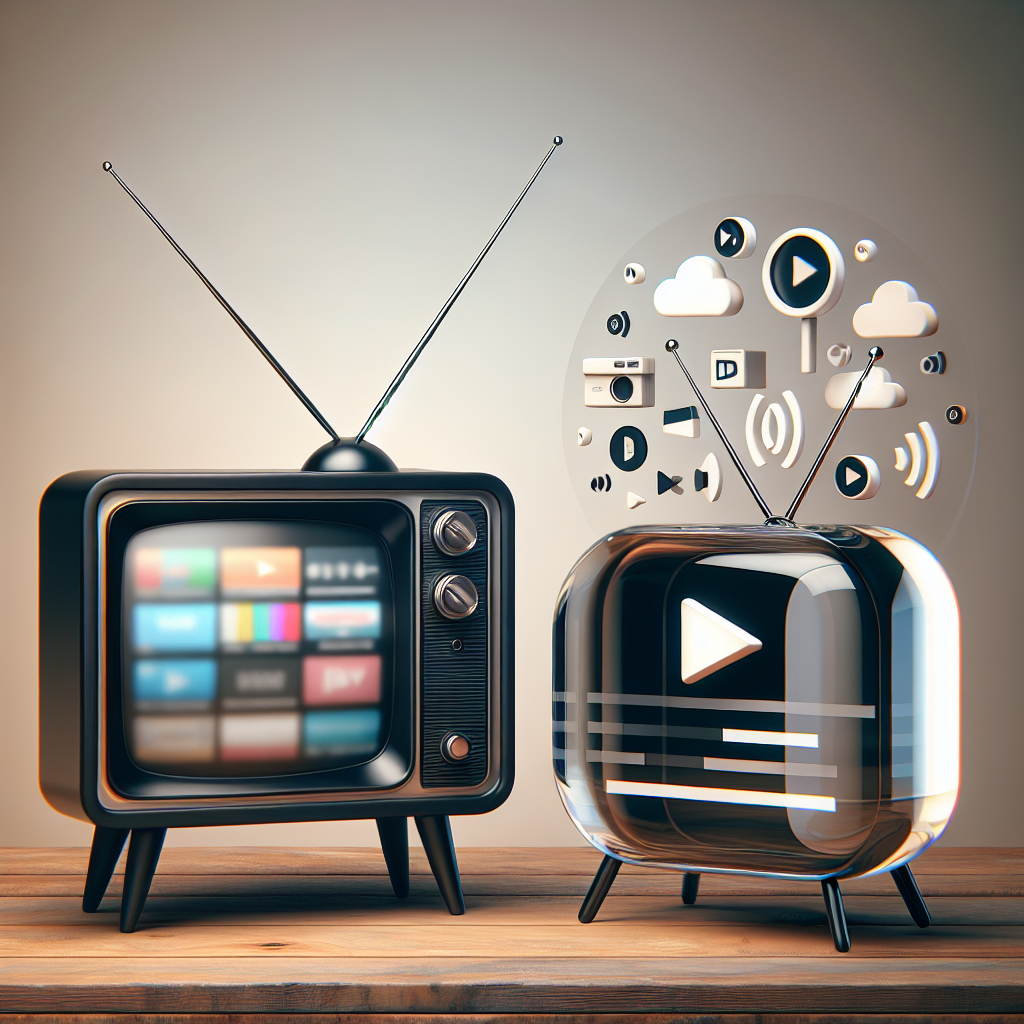Your cart is currently empty!
IPTV vs. Traditional Cable: A Comparison of Services and Features

In recent years, the way we consume television has undergone a significant transformation. Traditional cable TV services have been challenged by the rise of internet protocol television (IPTV) services. Both options offer a variety of channels and programming, but there are some key differences between the two that consumers should consider before making a decision.
One of the main differences between IPTV and traditional cable is the way that the content is delivered. With traditional cable, channels are delivered through a coaxial cable that is connected to a set-top box in your home. This means that you are limited to the channels that are available in your area and may have to pay for additional packages to access premium content.
IPTV, on the other hand, delivers television content over the internet using a broadband connection. This opens up a wider range of channels and programming options, as well as the ability to access content from around the world. IPTV services also often offer features such as video on demand, cloud DVR, and the ability to watch content on multiple devices.
In terms of cost, IPTV services can often be more affordable than traditional cable. Many IPTV providers offer packages that include a larger number of channels at a lower price than what you would pay for a comparable cable package. Additionally, IPTV services often do not require long-term contracts, giving consumers more flexibility in their television service.
One potential downside to IPTV is that it relies on a stable internet connection. If your internet service is slow or unreliable, you may experience buffering or poor video quality when using an IPTV service. Traditional cable, on the other hand, is not affected by internet outages and typically offers a more consistent viewing experience.
Another factor to consider when choosing between IPTV and traditional cable is the quality of the content. While both options offer high-definition programming, some users have reported that IPTV services can experience more frequent interruptions or technical issues compared to traditional cable.
Ultimately, the decision between IPTV and traditional cable comes down to personal preference and individual needs. If you are looking for a wider range of channels and programming options at a potentially lower cost, IPTV may be the right choice for you. However, if you value reliability and consistency in your television service, traditional cable may be the better option. It is important to research and compare the features and pricing of both options before making a decision.

Leave a Reply